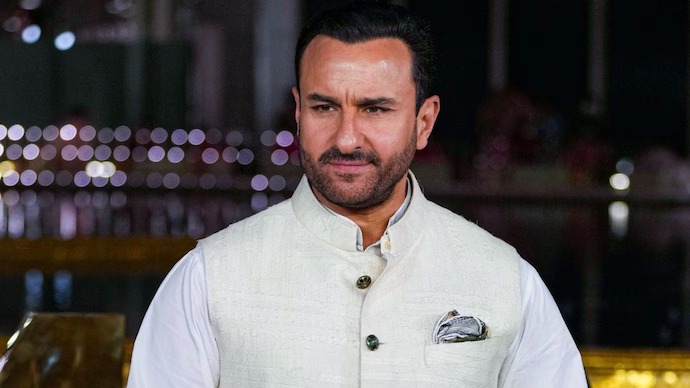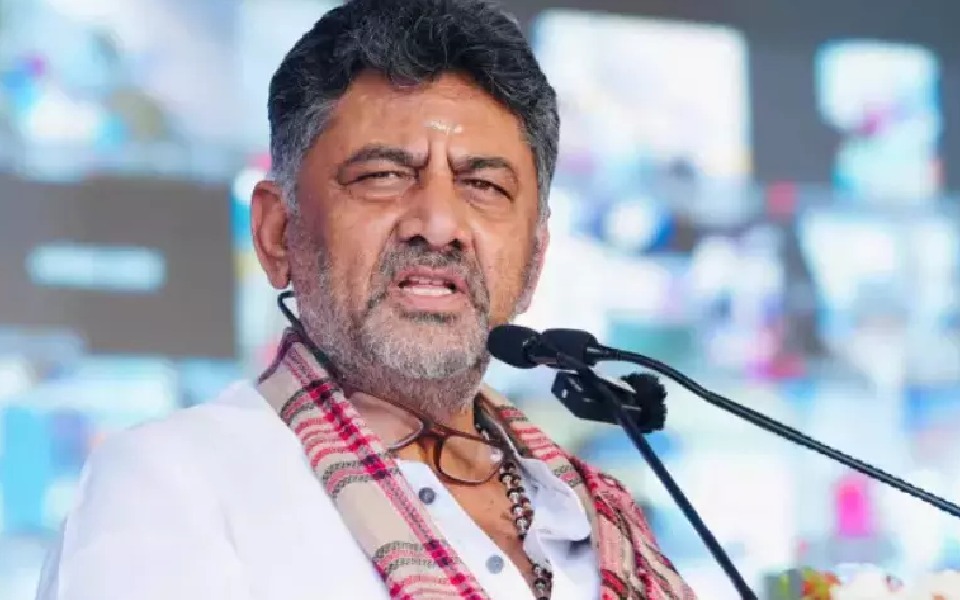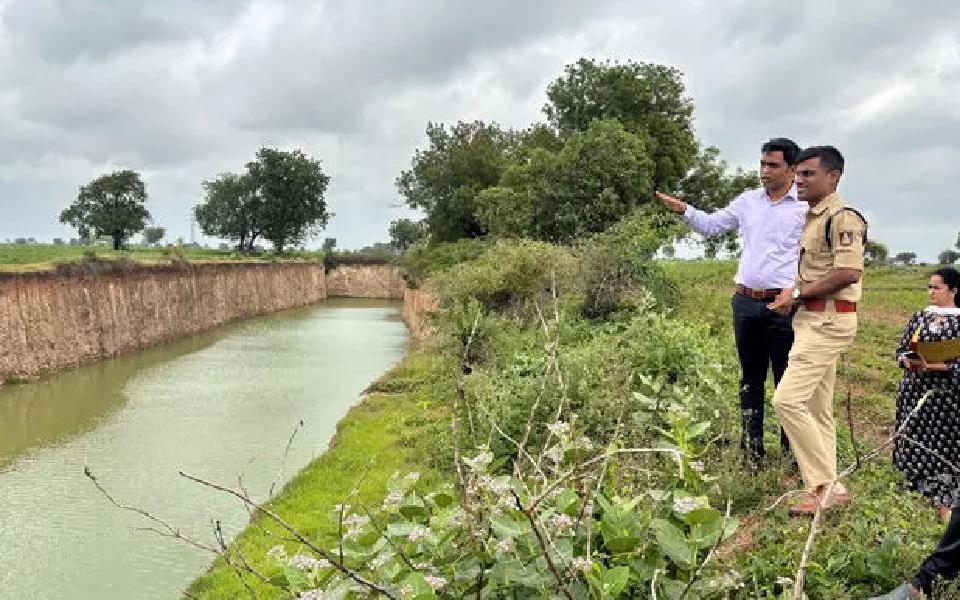Mumbai: The Association of Medical Consultants (AMC), Mumbai, has written to the Insurance Regulatory and Development Authority of India (IRDAI) regarding alleged preferential treatment extended to actor Saif Ali Khan by an insurance provider.
The issue surfaced after a social media user, Nikhil Jha, shared a letter alleging that the insurance company approved ₹25 lakh for Khan’s treatment at Lilavati Hospital within hours, bypassing standard protocols, such as requiring an FIR copy in medicolegal cases. Jha further claimed that the final bill of ₹36 lakh, covering a four-day hospital stay and surgery, was approved swiftly.
The AMC, representing over 14,000 medical professionals across Mumbai and nearby regions, criticised the incident as a glaring example of inequality in healthcare insurance. They highlighted that high-profile individuals and corporate policyholders often benefit from higher cashless limits and faster approvals, while ordinary citizens face bureaucratic challenges and inadequate coverage.
In its letter, the AMC called for IRDAI to:
1. Investigate the Saif Ali Khan incident.
2. Ensure equal treatment for all policyholders.
3. Establish stricter guidelines to prevent preferential treatment.
4. Increase transparency in cashless treatment approvals to rebuild public trust.
The AMC also raised concerns over the disparity in reimbursement rates offered by insurance companies, noting that smaller hospitals and nursing homes are often paid less than large corporate hospitals, jeopardising the sustainability of smaller healthcare providers.
Jha echoed these concerns on social media, accusing the insurer of applying stricter rules for ordinary citizens while offering preferential treatment to celebrities. He urged the IRDAI to clarify why Niva Bupa allegedly handled this case differently.
Saif Ali Khan was hospitalised at Lilavati Hospital following multiple stab injuries during a robbery at his Bandra residence on January 16. He underwent surgery and was discharged after five days.
Let the Truth be known. If you read VB and like VB, please be a VB Supporter and Help us deliver the Truth to one and all.
Mumbai, Jul 25 (PTI): Police have opposed the bail plea of the Bangladeshi national arrested for allegedly stabbing Bollywood actor Saif Ali Khan with a knife and injuring him at his home here in January this year, telling a Mumbai court there was "strong evidence" against the accused.
Citing a Forensic Science Laboratory report, police reiterated before the sessions court their earlier claim knife fragments that got lodged near the actor's spine during the attack as well as a part found at the crime spot have matched with the weapon recovered from the accused, Shariful Islam.
These three pieces were part of the same weapon (knife) used to attack the filmstar, the police said in a written response to the accused's plea submitted in the court on Thursday (July 24).
Khan was repeatedly stabbed with a knife by an intruder inside his 12th floor apartment in upscale Bandra on January 16 during a robbery attempt.
The 54-year-old actor underwent surgery at Lilavati Hospital to remove a piece of knife that got lodged near his spine during the attack. He was discharged from the private hospital after five days.
Shariful Islam, a Bangladeshi national, was arrested two days later for allegedly stabbing Khan.
The police, in their response, highlighted that the accused is a Bangladeshi citizen residing illegally in India.
If granted bail, there was a possibility that he may flee India and not appear before the court during the trial. The crime committed by the accused is of a "very serious nature, and strong evidence" is available against him, they argued.
In his bail plea, filed through advocate Vipul Dushing, the accused asserted he was innocent and had no prior criminal record.
Investigation into the case has practically concluded with only the filing of a chargesheet pending, the accused contended while seeking bail.
The alleged attacker has been booked under Bharatiya Nyaya Sanhita (BNS) sections related to house trespass, robbery and dacoity with attempt to cause death or grievous injury.





